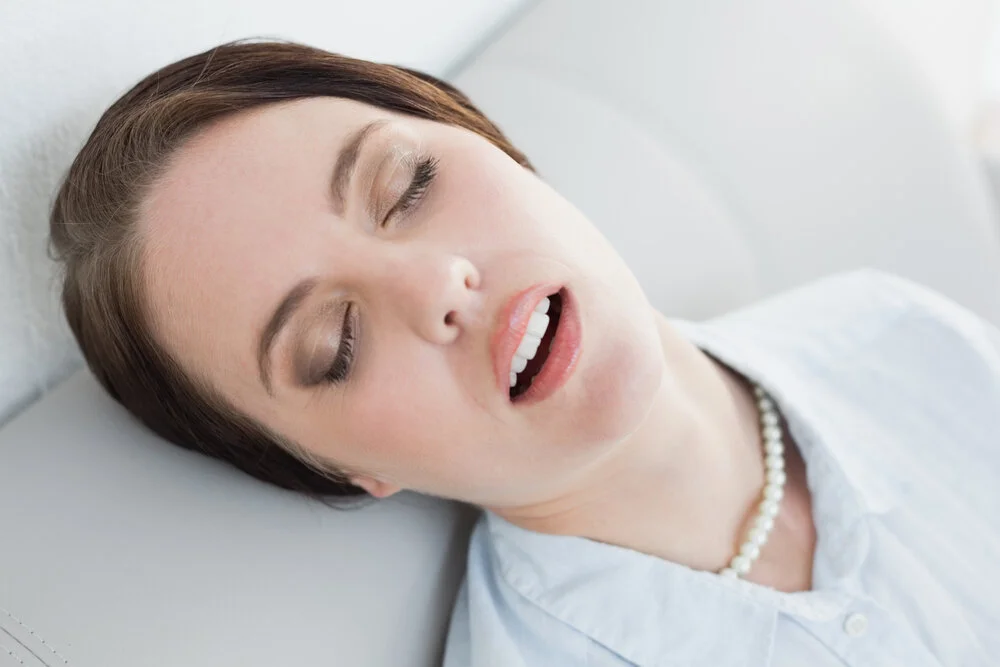How to Stop Mouth Breathing
You must use the nostrils to initiate each breath to take full advantage of your supply of oxygen. But people with their mouths tend to be affected by air. The level of oxygen in the blood is much lower than that of nose respirations.
Was your own technique stopped and analyzed? How can you change from your mouth to your nose, particularly if you use your mouth for the air? The good news: one of the recommended methods to stop mouth respiration is the best solution.
Regular Practice
Remember; breathe in and out of the mouth. But this is probably not your lack of knowledge about recommended respiratory techniques, which has stopped you from respiring properly. Rather, your problem will likely focus on implementing the method. But the only way to do anything is to do just that — practice.
Clean the Nose
Even if it may seem clear, many people in their mouth breathe because their nose is blocked. Try to clear your nasal passages from any obstruction with a nasal wash or turmeric.
Stress Reduction
You hurry to breathe when you get stressed. In this way, you will more likely neglect to use your nose in stressful situations to take deep breaths. Regardless of whether you have to see a doctor, change or your environment, stress reduction improves your respiration.
Get Big Pillows
You should try to change the head height compared with the rest of your body if you struggle to stop breathing the mouth when you fall asleep. Provide your head with a more thickly filled pillow.
Exercise
You will increase your need for deep breaths by regularly exercising on a daily journey or run; and your nose will take your breath away naturally.
Surgery
You may have a problem with how your nose is constructed if these suggestions don't work. Discuss the operations available with your doctor. It may mean that you are breathing or that the rest of your life is breathable.
Visit a Therapist
A myofunctional therapist or ear nose throat specialist can help you to improve your breathing through the use of work-ups to train your facial muscles.
**Disclaimer: The information on this page is not intended to be a doctor's advice, nor does it create any form of patient-doctor relationship.

